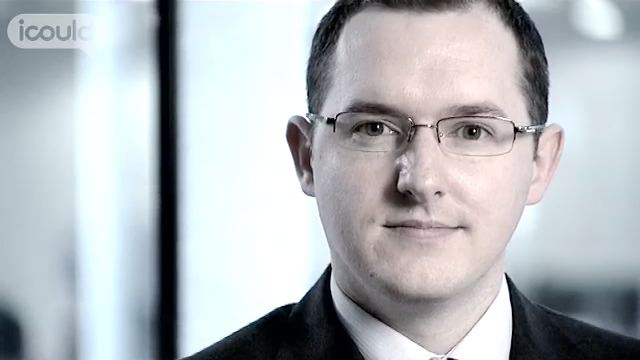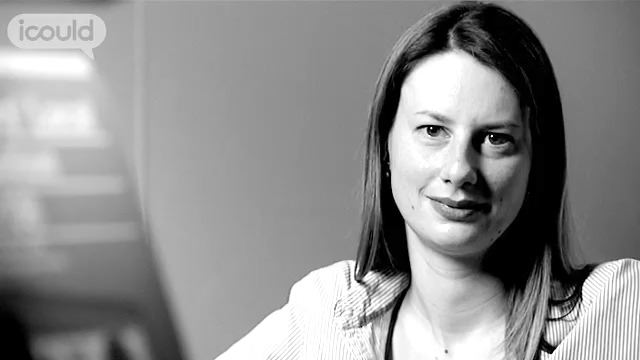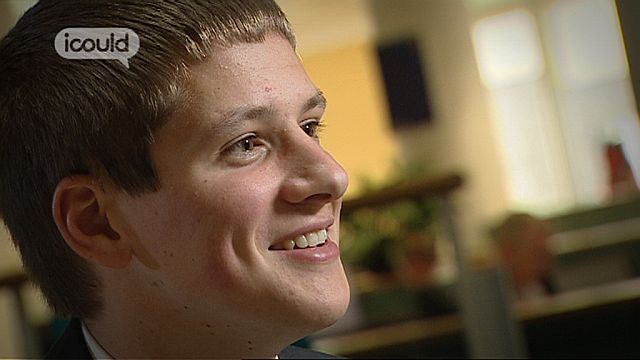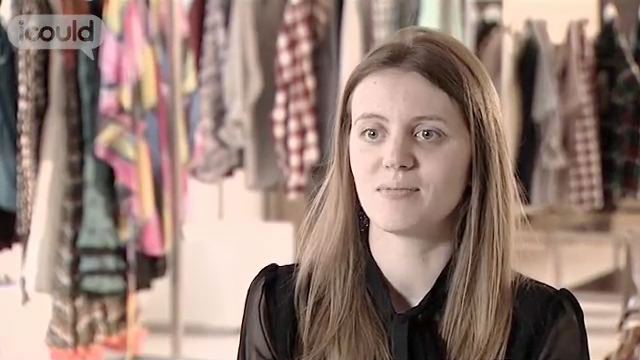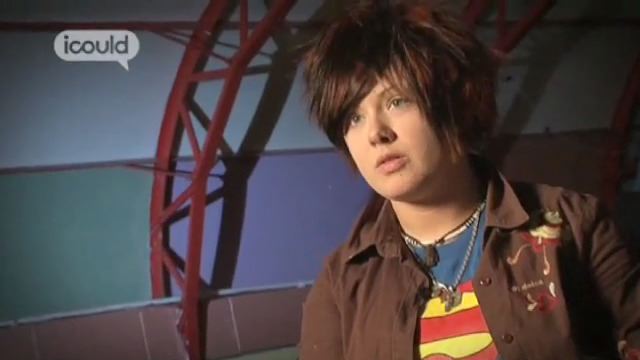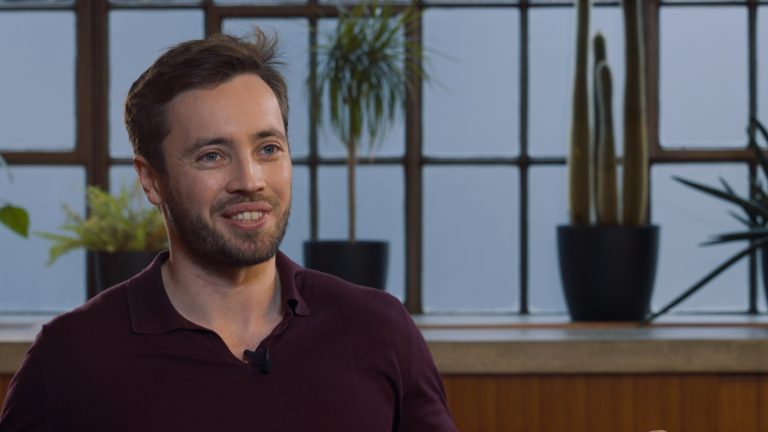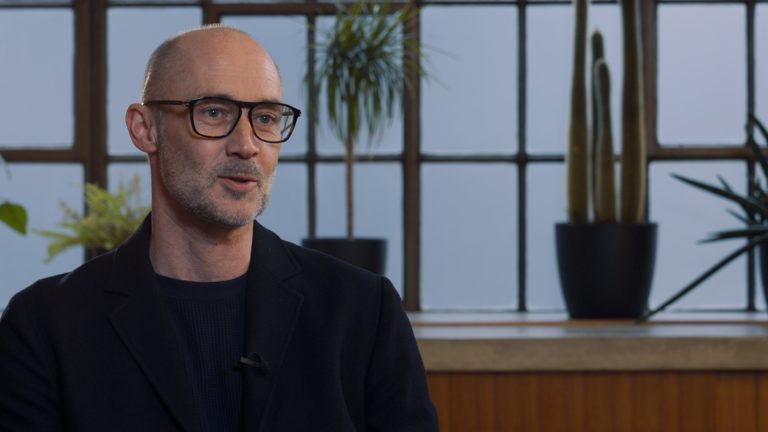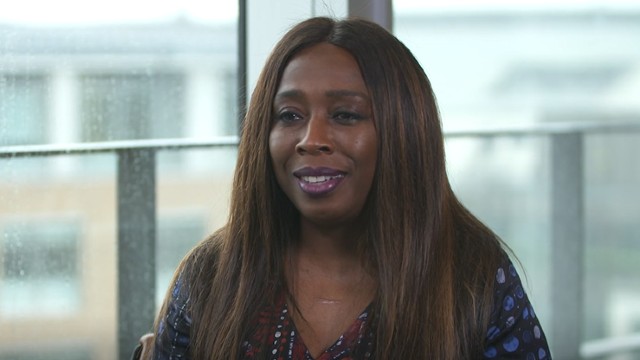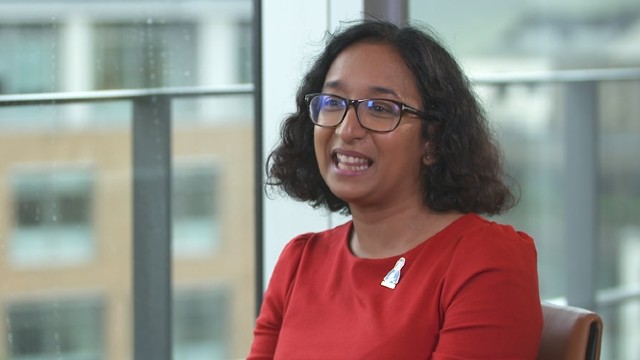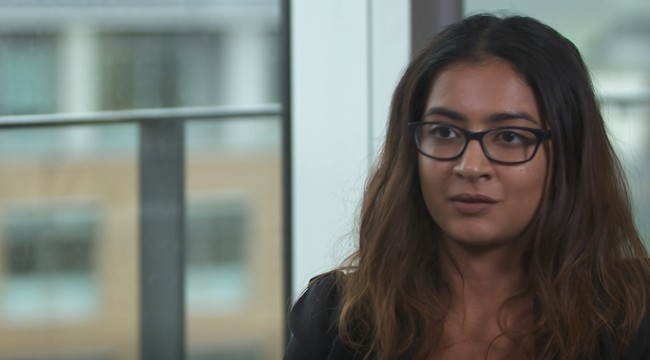Graduate Trainee
Standard Life
John T
My name is John T, I’m a Commercial Leadership Associate and I work for Standard Life. Basically I’m on a management trainee scheme and I move round the company every six months. I joined as a graduate nearly a year ago now, so I’m a year in, I’ve done two placements and I’ve got two placements to go. The whole point of doing it, is I kinda, is to learn about different areas of the business, so that after your two years you really know about what’s going on in the different areas and what it involves becoming a leader in those different areas, that also gives you an option to work out what you’re good at, what you’re not good at and then specialise in what you’re good at.
In the third year of university I thought I have to try and do an internship so that I don’t have to find a job in my fourth year at uni. That was my aim, to make sure that I could just focus on my studies in the fourth year. I went to the SECC careers fair and that was kind of an amazing thing because there’s so many companies, all giving you all the information you wanted and I didn’t have a clue what I wanted to do. I think I’m someone that’s driven to do what I’m good at, but I don’t really know what that is yet. And it was a ten week place and then after the end of the ten weeks, Standard Life offered me to come back and do a graduate scheme, which meant I could go away and do my fourth year at university and come back and know that I had a job.
At university I did technology and business studies, so I specialised in accounting and environmental technology, which was quite a different mix of subjects, there was only about five people at university who did the two of them together. I knew I didn’t want to do a sixth year at school, I got really good grades my fifth year, so I went to a lot of open days and went to the open day at Strathclyde University, which I just got talking to this one person about the course and he talked about how you could do different subjects and then specialise.
At my school it was very small, so you had a very limited choice of which subjects you could do, so I did Maths, English, I really wanted to do Modern Studies, that was what I was really interested in, but I couldn’t do it because of the timetable, and ended up doing information systems, and I did Physics and Chemistry.
My Mum always wanted me to be an accountant, I think she saw that as a secure profession, and I think Mum and Dad’s always want you just to have a, you know, they want you to be a doctor, or an accountant or a lawyer, if they think you’re good at school. And I was good at school, but I didn’t want to be a doctor, I didn’t want to be an accountant and I certainly didn’t want to be a lawyer.
My Mum and Dad were very keen for me to move school but I was quite comfortable with where I was so it was a lot of, a bit of conflict at home because I wouldn’t move school, I wouldn’t go and do it elsewhere. I was happy where my friends were, I was happy in the small school in the small environment, so at the end of the day they supported me and I got through it.
My Mum’s a mamographer, she’s a kind of radiographer, but specialising in breast cancer, and my Dad’s a farmer, so I grew up on a farm which was next to the school, which was really different. My brothers completely different from me, it’s really interesting. He’s now on the farm, helping my Dad, whereas I didn’t want to do anything to do with the farm. At university between the first and second years, in the summers, I would go down and work on a farm down south, on a harvest farm, where you worked sixteen hours a day, everyday for ten weeks and I loved it because I’d come home with so much money, that I could then go and buy a very expensive car that no one else at uni could afford, but I didn’t have a life for the whole of the summer, but that wasn’t my…I was quite happy working all that hours just to earn the money.
Long-term plans, I think that’s always a challenge, someone asked me ‘what do you want to do in fiver years?’ and I said I know I want to be successful but I don’t know where.
There’s a bit of peer pressure to go and do some further education, a lot of people around me are doing further education just now, and it’s really making me think, I’d made a deliberate decision that I was not going to look for a graduate job but I had to do qualifications, so I’ve had a year at Standard Life, which has been great, with no qualifications, no exams, just doing the job nine ’til five, enjoying my weekends. Whereas now I’m starting to think, there’s value in doing a qualification, looking at what you’re going to specialise, what’s going to be your knowledge because everyone’s got that kind of knowledge that they take to a meeting and I’d quite like to have some specialised knowledge from that education.
I used to be really into curling, and that was a sport that I did every weekend, it was completely my social life and in my third year, going into fourth year, I decided I won’t do the curling, I’ll drop that and focus on university, and that was my biggest regret, because you shouldn’t, aspects of your social life make you as you are, and not just your work and not just education, you’ve got to try and keep that intact and I didn’t manage that, so my biggest regret was giving up curling because now I’ve taken that back up, I’m three years behind all my peers, who kept doing it and have now, they are now winning the Scottish championships and they’re off representing Scotland in different countries, and I’m back practising all the time, just to try and get to the standard I was before I gave up, so that was my biggest thing I’ve learnt, that was the wrong decision.
John T grew up on a farm but always knew that he didn’t want to go into the family business. After attending a careers fair he took part in a 10 week internship at Standard Life, which resulted in him being offered a place on Standard Life’s Graduate Training scheme after leaving university. He loves the flexibility of the Graduate scheme and enjoys working with different departments.
More information about Finance officers
The UK average salary is £29,813
There are 37.5 hours in the average working week
The UK workforce is 47% female and 53% male
Future employment
- Oversees the recording and checking of daily financial transactions, the preparation of provisional balances and reconciliation of accounts
- Prepares or arranges the preparation of financial reports for managers
- Plans work schedules and assigns tasks to financial clerks
- Coordinates the activities and resources of finance departments
